Batak is a name every Bulgarian remembers with deference and pain because the fate of the small town in the Rhodopes is scarred by one of the bloodiest events in national memory – the Batak massacre.
During the first days after the outbreak of the April Uprising in the spring of 1876, the town was defending itself successfully. But on 30 April, the Ottoman authorities sent detachments of bashi-bazouk, led by Ahmed Aga Kasalitski (Barutanliyata) to punish the rebels. On 1 May, 1876 Batak was besieged and the mass killings began. Part of its population hid in the church but that did not save their lives. 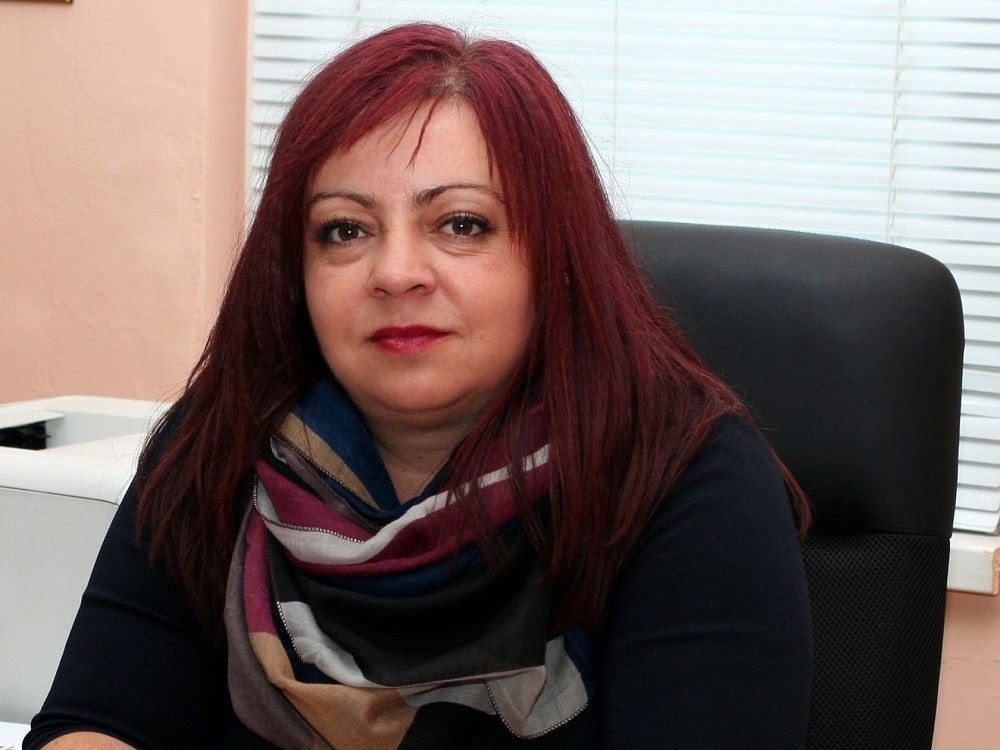
Teodora Peychinova, director of the town's History Museum: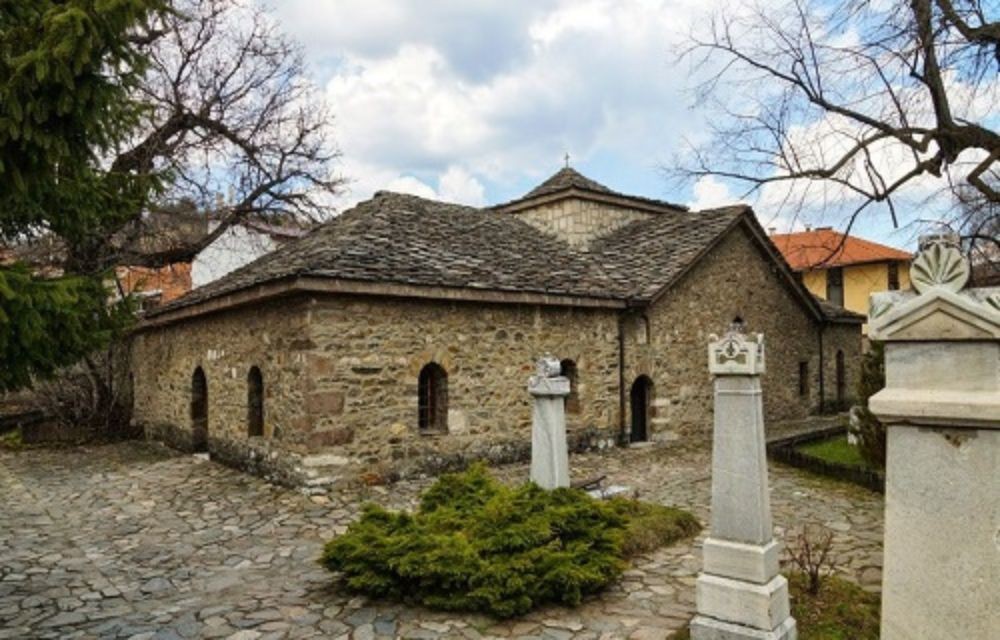
“The St. Nedelya church became the last refuge for the innocent who believed that the bashi-bazouk army would not dare enter a Christian temple and their lives would be spared. They remained shut up inside for three days without food, without water, with the children crying all the time. When there was no water left the mothers started digging a well in the hope of finding water as they dug deeper. But it had been a dry spring and no water was found. And they started giving the children the oil from the lamps,” Teodora Peychinova says.
Nearly 2,000 people were killed inside the church. In our day, they have been canonized by the Bulgarian Orthodox Church and now hold a place of honour next to the saints of the Orthodox church.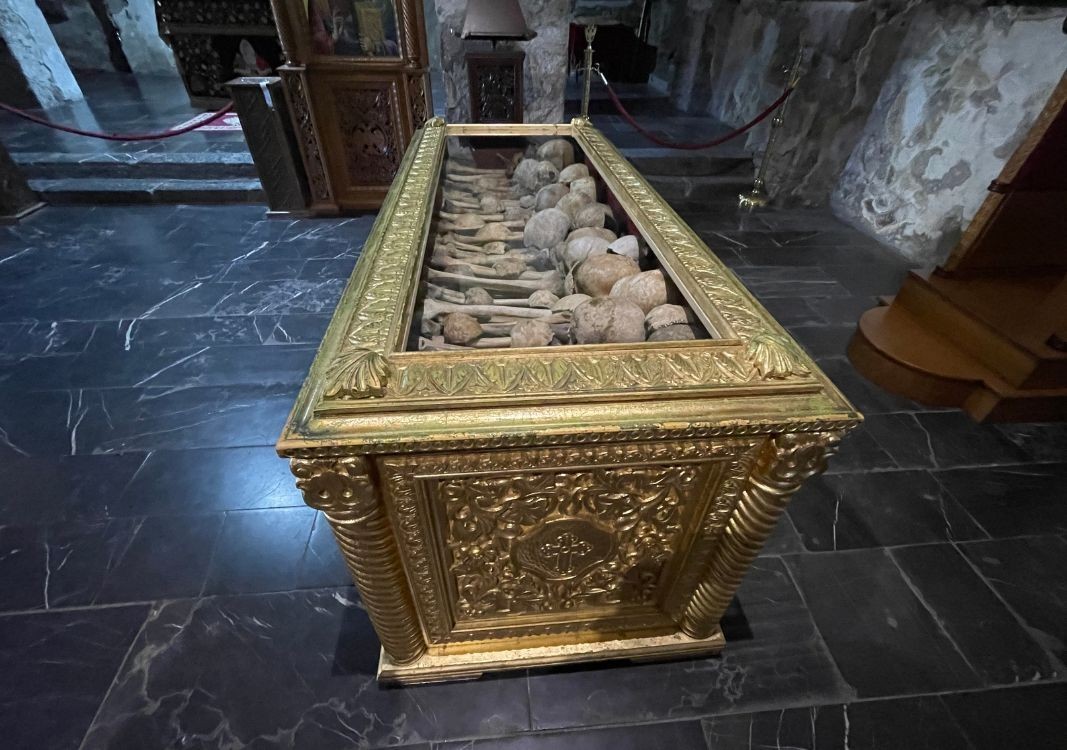
“Inside the church you can still see the bullet holes on the walls and in the well which the mothers had dug with their bare hands. You can see the skulls and the bones (in the ossuary- editorial note),” Teodora Peychinova says. “Our history is written in blood and bones, and we have to preserve it, pass it down to our children, so that what happened in Batak during the April Uprising will never be forgotten or repeated.”
The memory of these dark chapters from Bulgaria’s history has been preserved at the St. Nedelya church and the Museum of History in Batak, and also at the National Revival alley, dedicated to the heroes and the victims, where memorial plaques and monuments trace the brutal fate of the victims and their heroism. 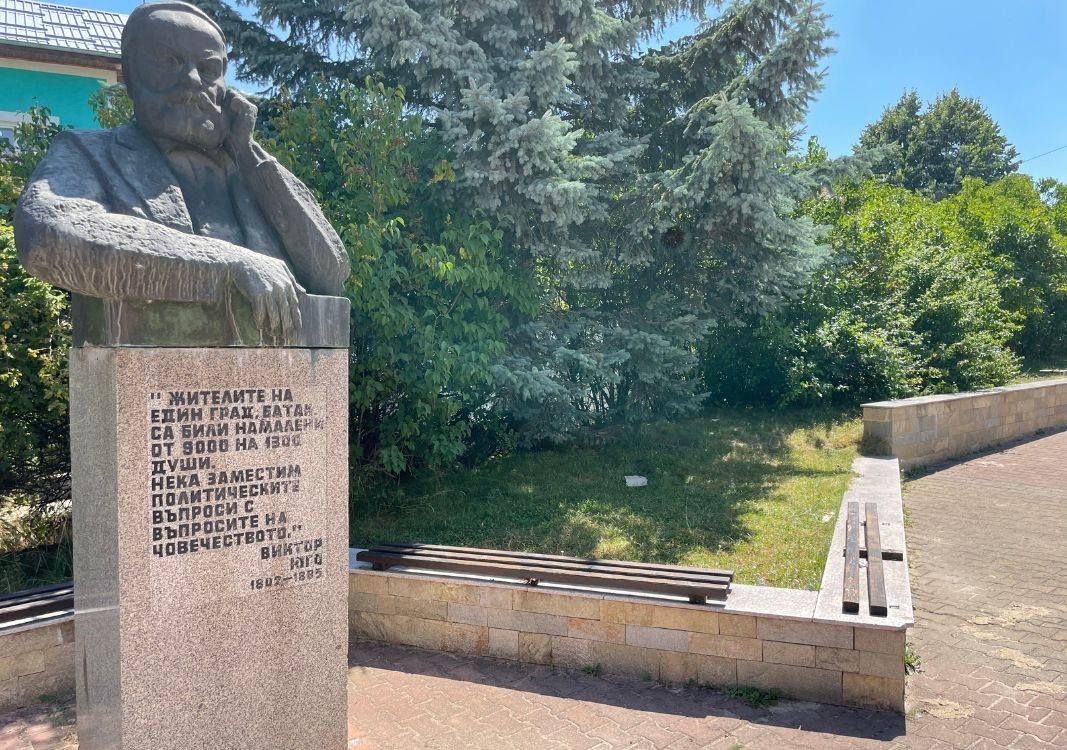
“Batak is the town which lost the biggest number of lives during the April Uprising of 1876. Out of a population of 6-7,000, almost 5,000 were killed – women, children, old people, babies. Some of the names of the people of Batak killed during the April Uprising are written on the wall of the museum in Batak. And if you look carefully, you will see the names of babies, of little children, of old people. But it is only about a third of the people killed in Batak whose names are up on that wall,” explains Teodora Peychinova.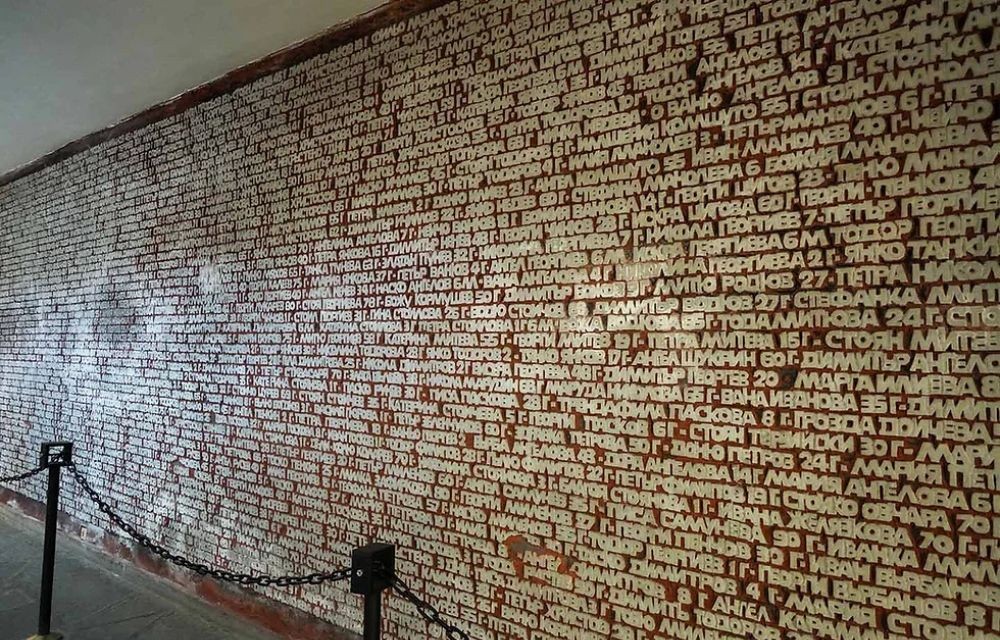
News of the events in Batak travelled around the world thanks to American journalist Januarius MacGahan, to British diplomat Eugene Schuyler, to writers and public figures like Victor Hugo.
Newspapers in London and in Paris published the details of the Batak massacre, prominent British politician William Gladstone condemned the Ottoman authorities and called for an immediate international reaction:
“Batak is a town with a history that is grand and dark at the same time, because it is a symbol of the power of the Bulgarian spirit in the name of a grand cause – freedom. Batak is a sacred place for every Bulgarian,” says Teodora Peychinova in conclusion.
Translated and posted by Milena Daynova
Photos: BNR-Plovdiv, visitbatak.bg, BGNES, BTA
A humble military chaplain made his first contact with Bulgaria in 1921, arriving with the mission of searching for Italian soldiers who had disappeared without a trace during World War I. However, he did not remain indifferent to the fate of this small..
Beloslav is a small town on one of the branches of Varna Lake. Yet it is here, in this quiet little town, that the only preserved Bulgarian submarine – Slava – is anchored . It was decommissioned a long time ago, and has now been turned in one of..
March 9 is the feast day of the Church of the Forty Martyrs in the town of Veliko Tarnovo - a place of exceptional importance for the Bulgarian statehood, which worthily preserves the memory of the glorious Tarnovo kings. On March 9, the..

+359 2 9336 661
